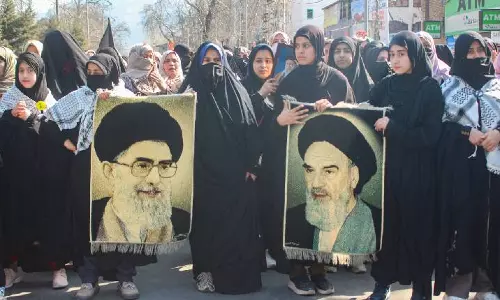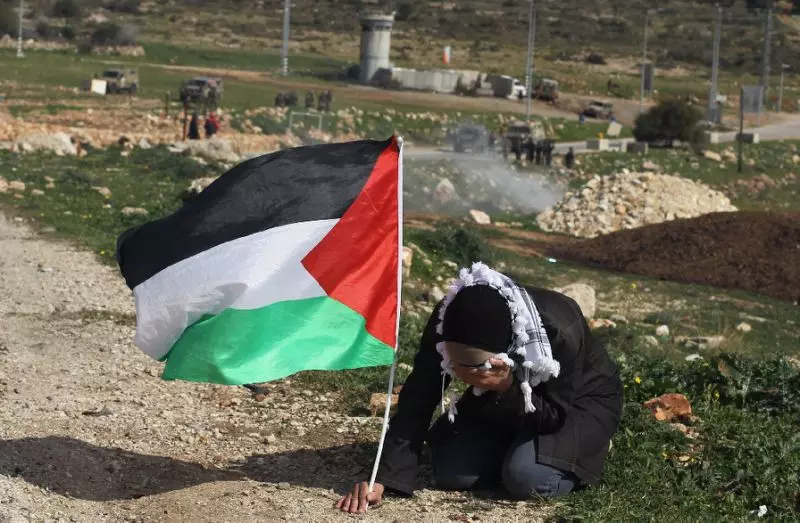
76 years after Nakba, Palestine faces potentially larger catastrophe in Gaza
text_fieldsPalestinians on Wednesday will mark the 76th year of their mass expulsion from what is now Israel, an event at the core of their national struggle. Referred to as the "Nakba," or "catastrophe" in Arabic, around 700,000 Palestinians fled or were driven from their homes during the 1948 Arab-Israeli war that followed Israel's establishment.
Israel's refusal to allow their return, citing it would create a Palestinian majority within its borders, resulted in a refugee community now numbering around 6 million, many living in slum-like urban refugee camps in Lebanon, Syria, Jordan and the West Bank.
In Gaza, these refugees and their descendants comprise about three-quarters of the population. Israel's rejection of the Palestinian right of return remains a core grievance and a major issue in peace talks that collapsed 15 years ago. Refugee camps have always been strongholds of Palestinian militancy.
Now, Palestinians fear a repeat of their painful history on an even more catastrophic scale. As Israel expands its offensive, many Palestinians are evacuating to overcrowded tent camps, reminiscent of the 1948 mass exodus.
Mustafa al-Gazzar, 81, recalls his family's flight from central Israel to Rafah when he was five. Now, he has fled again, this time to a squalid camp in Muwasi. Conditions are worse than in 1948, with inadequate food and essentials.
"My hope in 1948 was to return, but my hope today is to survive," he said, tearfully expressing his fear for his family's future.
The recent war in Gaza, started on October 7, has resulted in over 35,000 Palestinian deaths, making it the deadliest round of fighting in the war's history. The initial Hamas attack killed around 1,200 Israelis. The war has displaced about 1.7 million Palestinians, far exceeding the number displaced in 1948.
Israel has sealed its border, while Egypt allows only a few Palestinians to leave, fearing a long-term refugee crisis. The international community opposes any mass expulsion of Palestinians from Gaza, a notion supported by far-right Israeli officials.
Israel advocates for the absorption of 1948 refugees into host countries, deeming their return unrealistic and threatening to its Jewish-majority state.
Many fear that even if Palestinians are not expelled en masse, they will never return to their homes, or the destruction in Gaza will make it uninhabitable. A UN estimate suggests it would take until 2040 to rebuild destroyed homes. The World Bank estimates $18.5 billion in damage to Gaza, equivalent to the Palestinian territories' GDP in 2022.
Yara Asi, a Palestinian assistant professor at the University of Central Florida, highlights the difficulty of rebuilding Gaza. She notes that many Palestinians view an ongoing Nakba, with Israel gradually forcing them out through home demolitions, settlement construction and other discriminatory policies, labelled as apartheid by major rights groups.
Asi fears another Nakba could occur gradually, under different terms like "emigration," but forcing people who have fought to stay for generations to leave due to unbearable conditions finally.























